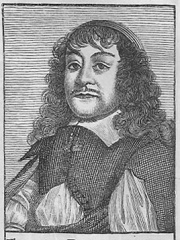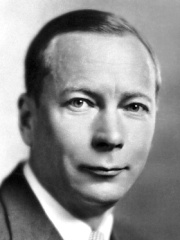
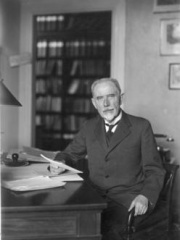
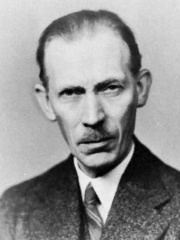
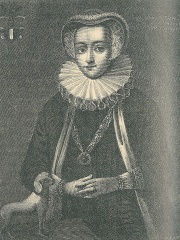
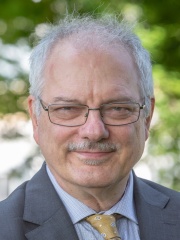
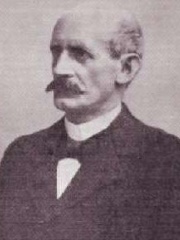
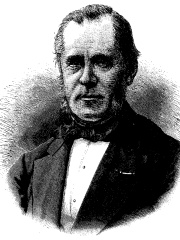
The Most Famous
Chemists from Denmark
Top 8 Chemists
The following people are considered by Pantheon to be the most legendary Danish Chemists of all time. This list of famous Danish Chemists is sorted by HPI (Historical Popularity Index), a metric that aggregates information on a biography's online popularity.
- #1

Henrik Dam
1895 - 1976
HPI 73.5060 langsHenrik Dam is most famous for his design of the Henrik Dam Bridge, which spans the Little Belt on the Danish island of Funen. The bridge is...Read moreShow less
Henrik Dam is most famous for his design of the Henrik Dam Bridge, which spans the Little Belt on the Danish island of Funen. The bridge is a single-span suspension bridge, and was completed in 1937.
- #2

S. P. L. Sørensen
1868 - 1939
HPI 72.5236 langsSørensen is most famous for his discovery of the Sørensen effect. This discovery states that the rate of chemical reaction is proportional...Read moreShow less
Sørensen is most famous for his discovery of the Sørensen effect. This discovery states that the rate of chemical reaction is proportional to the product of the concentrations of the reactants.
- #3

Johannes Nicolaus Brønsted
1879 - 1947
HPI 70.1140 langsBrønsted is most famous for his discovery of the Brønsted-Lowry theory. This theory states that acids are proton donors and bases are proton...Read moreShow less
Brønsted is most famous for his discovery of the Brønsted-Lowry theory. This theory states that acids are proton donors and bases are proton acceptors.
Overlapping Lives
Which Chemists were alive at the same time? This visualization shows the lifespans of the 5 most globally memorable Chemists since 1700.

